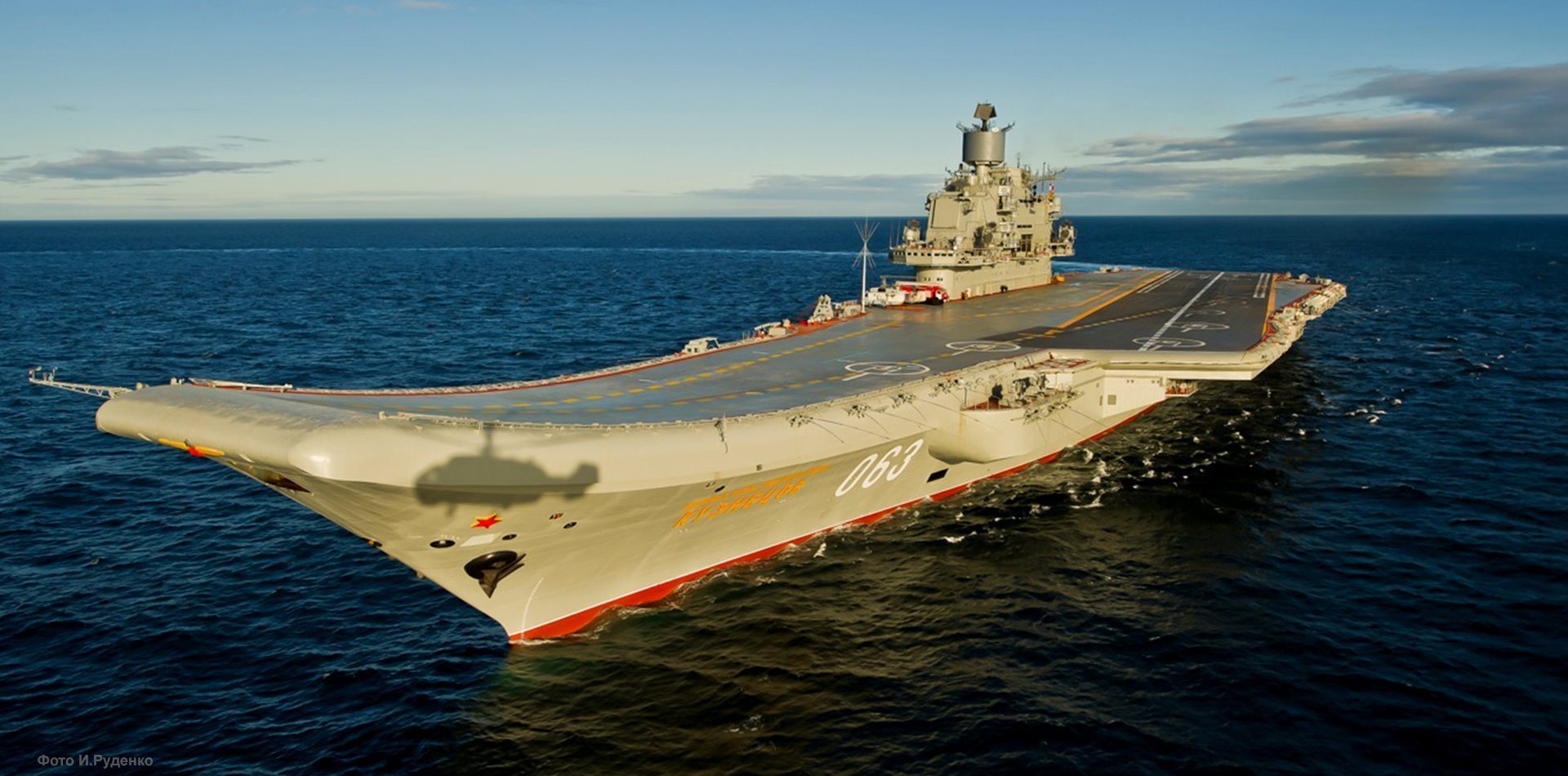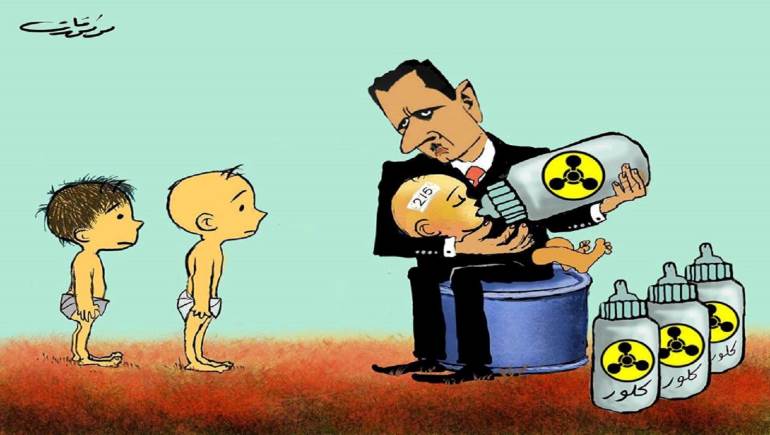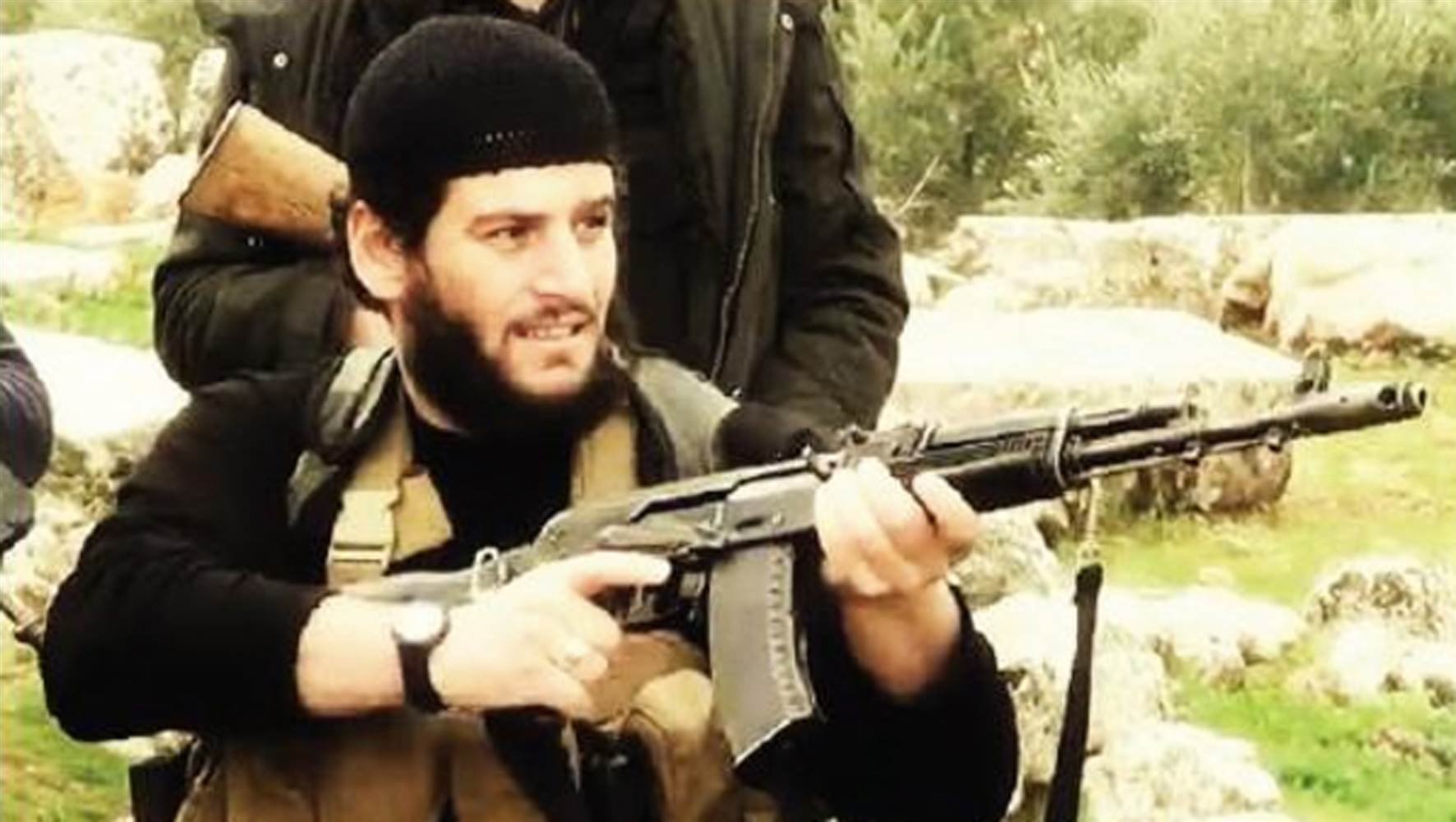
Russia has withdrawn a request for a flotilla of warships, including its flagship aircraft carrier the Admiral Kuznetsov, to refuel in the Spanish port of Ceuta as the ships head toward Syria, Spain’s foreign affairs ministry said Wednesday.
The Russian embassy in Madrid gave no reason for the change of heart, but said the fleet would bypass the port, across the Straits of Gibraltar from mainlandSpain, that Moscow has frequently used in the past.The Spanish foreign ministry said in a statement: “The Russian embassy has just informed us that it is withdrawing the request for permission for stopovers for these ships and these stopovers have therefore been cancelled.”
“The Spanish government follows with deep concern the airstrikes against Aleppo and the humanitarian tragedy there,” the statement added. “Spain has requested in different occasions a ceasefire to allow humanitarian aid (into the city).”
The Russian embassy responded by withdrawing the request to refuel in the north African port city, the statement said. Spain had originally approved the stop — from Friday through November 2 — as it has done on previous occasions.
The small fleet of Russian warships and fighter jets reached the North Sea late last week and then moved south through the English Channel, according to the UK’s Ministry of Defense. The flotilla is believed to be on its way to the Mediterranean and eventually, most Western defense analysts believe, to Syria.
The warships left Russia October 15 on what the Russian navy said was a mission “to ensure naval presence in the important areas of the World Ocean.
“Special focus will be made on safeguarding security of maritime traffic and other types of Russian maritime economic activity and also responding to new kinds of modern threats such as piracy and international terrorism,” the Russian statement said.
Read More: Russia sends new naval fleet to take part in Aleppo’s battle
NATO criticism
NATO Secretary General Jens Stoltenberg on Wednesday acknowledged Russia’s right to operate on international waters but reiterated concern “about the possibility that the Kuznetsov carrier group can be used as a platform for more attacks against Aleppo and Syria, and thereby exacerbating the humanitarian catastrophe.”
“It is up to each and every nation, each ally, to decide … whether they provide (fueling) and supplies to Russian ships,” Stoltenberg said. “But this time I have conveyed a very clear message that we are concerned about the potential use of this carrier group to increase attacks against Aleppo.”
At a news conference later Wednesday, Stoltenberg urged dialogue and cooperation between NATO and Russia.
Prior to the Russian announcement it would no longer be seeking to refuel in Ceuta, the UK’s defence secretary, Michael Fallon, said Britain “would be extremely concerned if a Nato member should consider assisting a Russian carrier group that might end up bombing Syria”.
“On the contrary, Nato should be standing together,” he said as Nato defence ministers gathered in Brussels.
Since 2011 at least 60 Russian warships have docked there, including numerous stop-overs following the imposition of EU sanctions on Russia for its invasion and annexation of Crimea in March 2014. At least 25 Russian navy vessels have been resupplied at various Spanish ports since then.
The practice has been criticised in the past, but the scale of the Russian-backed bombardment of eastern Aleppo brought a new level of outrage this week.
The Assad regime forces, backed by Russian air power, Iranian ground forces and Shi’ite militia fighters from Iran, Iraq, and Lebanon, has been tightening its grip on rebel-held districts of Aleppo this year, and this summer achieved a long-held goal of fully encircling the area.
Recovering full control of the rebels’ last significant urban area would be the most important victory of the war so far for Assad, strengthening his control over Syria’s most populous and strategically important regions.



